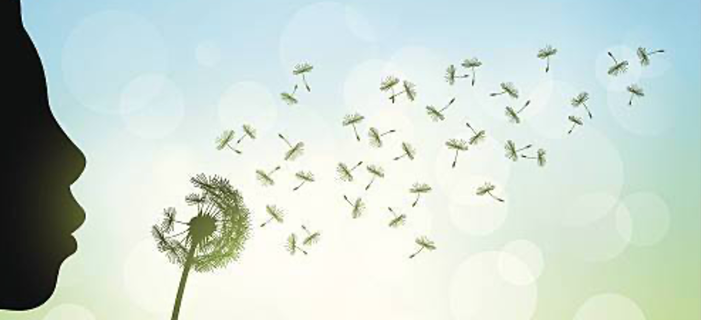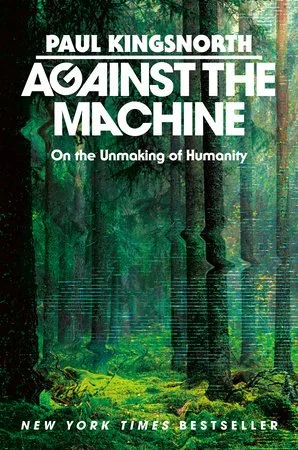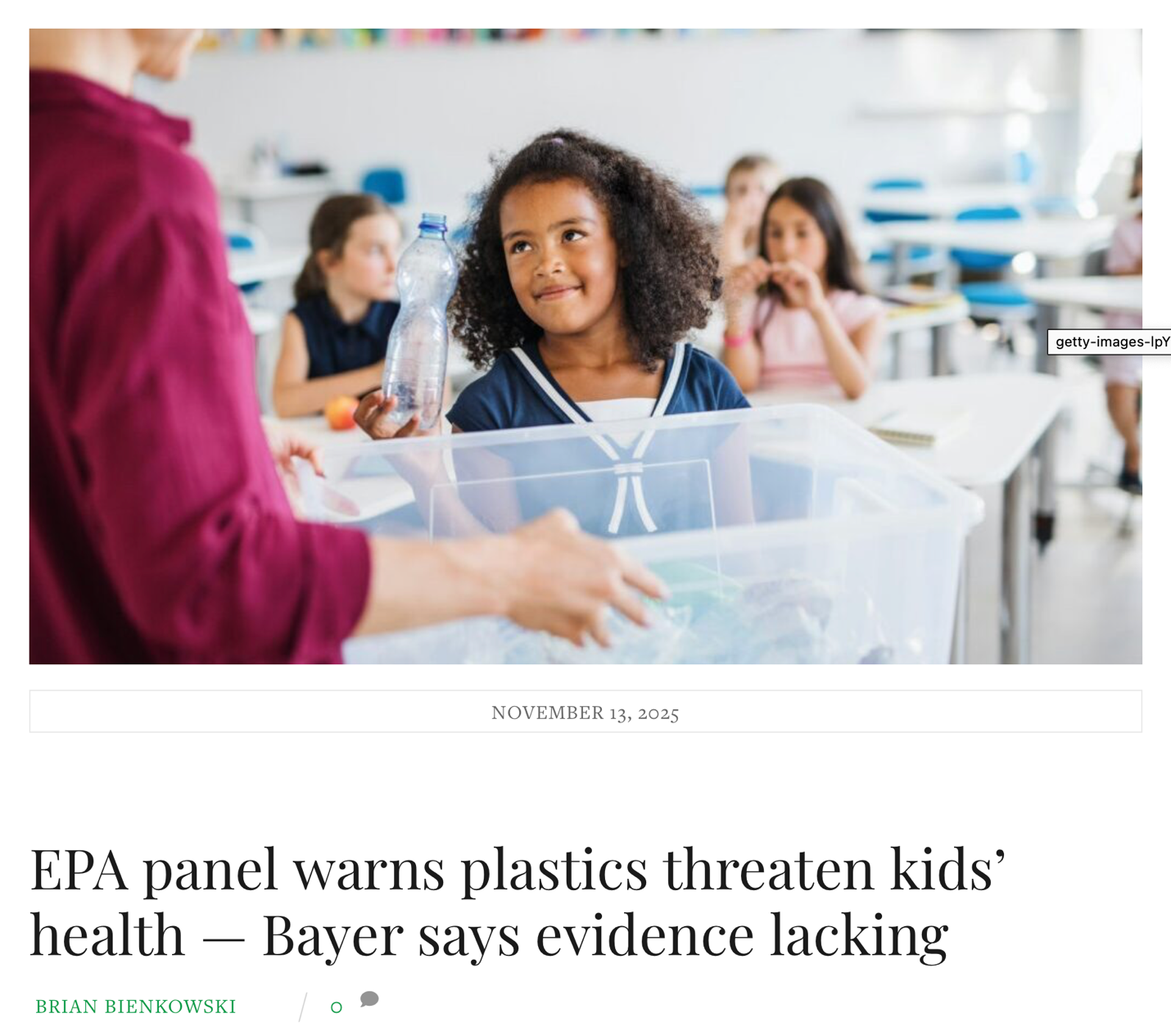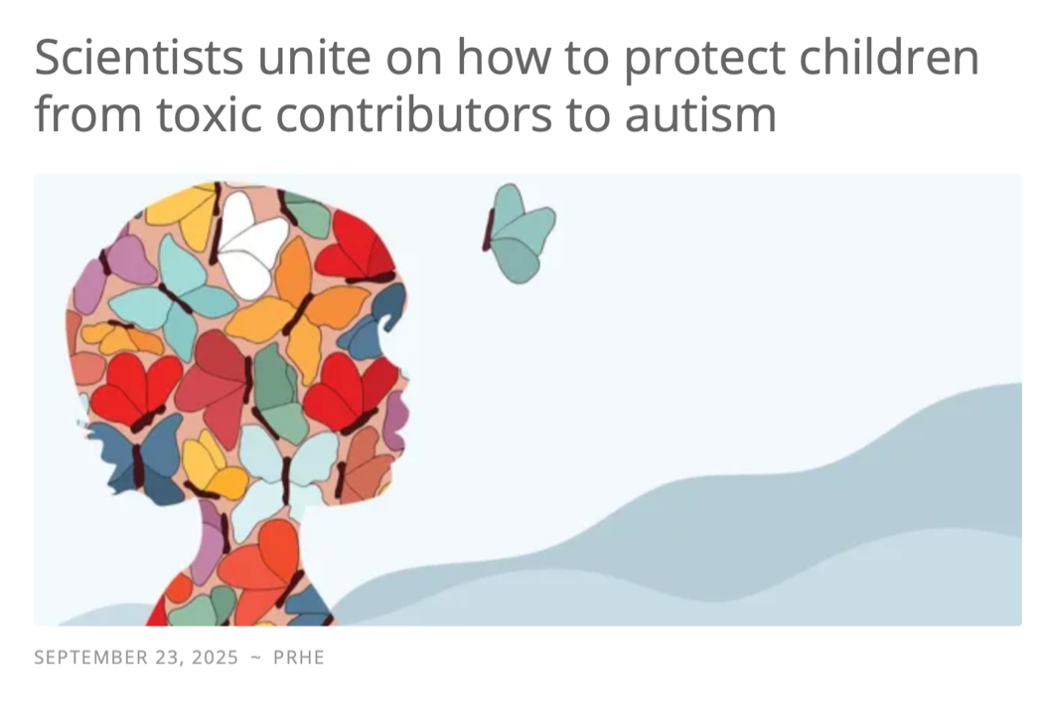Newsweek has just run an article describing the many kinds of pesticides found in pollen, which may be contributing to bee colony collapse, threatening our ability to grow many common crops.
Pollen collected by bees next to cornfields in West Lafayette, Indiana, contained up to 32 different pesticides. PURDUE UNIVERSITY/TOM CAMPBELL
"Bees that live next to cornfields and soybean fields spend only a minority of their time feeding on these crop plants; instead, they mostly seek out pollen from flowering weeds, trees and gardens nearby. In the course of their foraging, they are exposed to a surprisingly wide and concerning range of pesticides, new research shows.
In a study published May 30 in the journal Nature Communications, researchers Elizabeth Long and Christian Krupke show that bees next to cornfields collected pollen containing up to 32 different pesticides, most of which didn’t originate from crops or agricultural applications. Pollen samples were taken over a four-month period from three hives in West Lafayette, Indiana, where Purdue University is located.
Some of these pesticides were expected. Neonicotinoids, for example, which some research has implicated in the decline of bees, are used to coat seeds and are known to be found in corn and soybean pollen. But others came as quite a surprise. The pesticides found in the greatest quantities were pyrethroids, synthetic products generally used in households to repel insects, says Krupke, an entomology professor at Purdue. Among these were phenothrin, which is used to repel ticks and fleas, and prallethrin, for killing wasps and hornets.
Pyrethroids are extremely toxic to bees. The researchers don’t think the quantities found in pollen are high enough to immediately kill the insects, Krupke says, but they nevertheless have the potential to impact their health and may be playing a role in their decline. Populations of the insects have been falling in recent years; this past winter, over one-quarter of American honeybee colonies were wiped out.
The researchers also found the mosquito repellent DEET (also known as N,N-diethyl-meta-toluamide) in every single pollen sample."
Read more of this article by Douglas Main at http://www.newsweek.com/bee-pollen-full-pesticides-mosquito-repellents-465166












